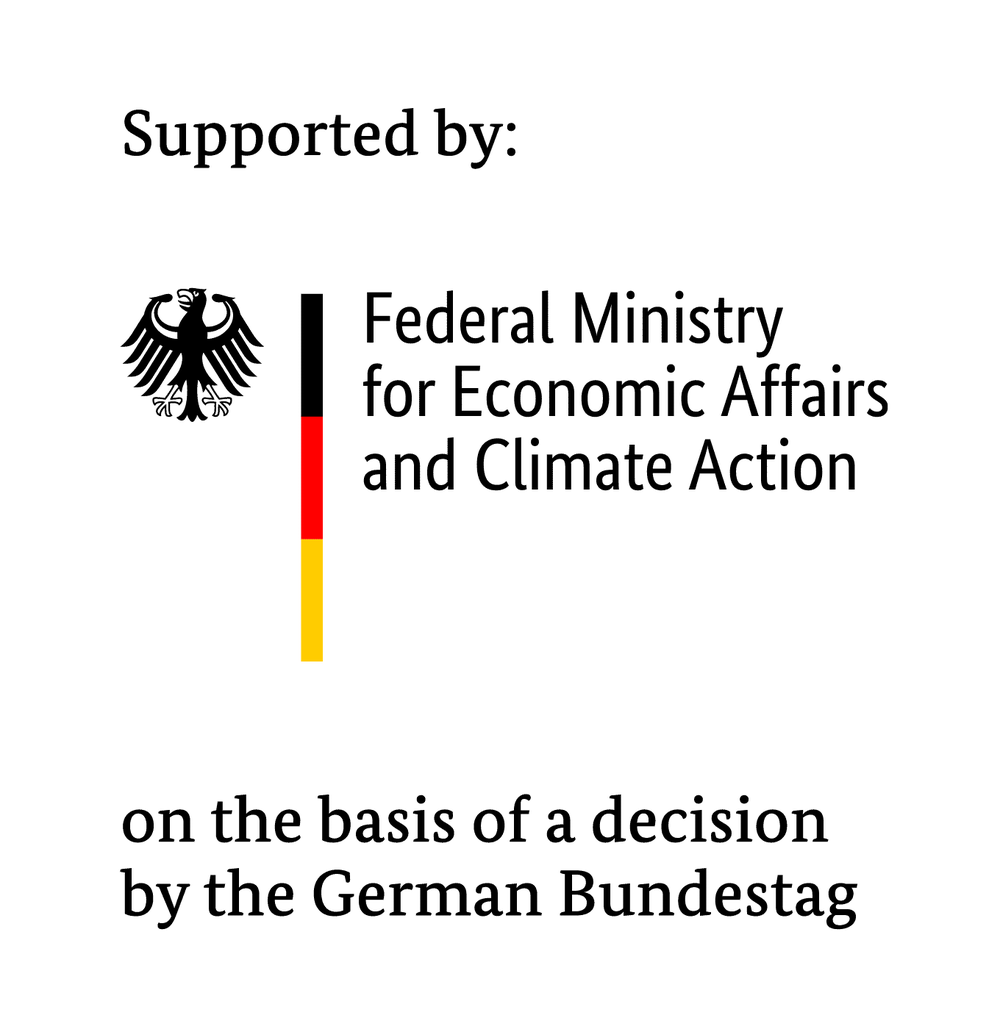Energy Systems Analysis
The Energy Systems Analysis department generates system-analytical knowledge, which we provide across sectors up to the global level and based in part on methods and modelling tools developed in-house.
Linking of data bases and data sources from the global Earth Observation System for energy systems analysis.

BMWE
The large quantities of data required in energy systems analysis are collected within the individual research projects. Frequently, these data are collected separately in each project without being linked together. To simplify the search and access process as well as to enable an efficient exchange of data, the LOD-GEOSS project is researching the development of a networked database concept. For this purpose, the Institute of Networked Energy Systems is investigating the possibility of using the global and European Earth observation programmes (GEOSS and Copernicus respectively) in energy systems analysis.
Research project LOD-GEOSS | |
|---|---|
Duration | August 2019 bis Juli 2022 |
Funded by | Federal Ministry for Economic Affairs and Energy |
Project participants |
|
Energy systems analysis requires large quantities of data, which are generated all over again for each individual research project. These will be time-resolved time series data, energy generation data, geodata, trading data or their metadata, for instance. Frequently, they are collected separately by each project without being linked together. This makes the data more difficult to find and requires specific access mechanisms for each data source, to which users are required to adapt on a continuous basis.
It was a similar story when the Global Earth Observation System of Systems (GEOSS) was set up, with every aerospace centre providing its own data with its own access mechanisms. For this reason, working groups were established within the framework of the Group of Earth Observation (GEO) to develop a harmonised architecture for the GEOSS. Significant elements include the use of standard internet protocols for data exchange and standardised interfaces of the Open Geospatial Consortium (OGC) for exchanging geodata as well as metadata catalogues for finding data sources.
To simplify the search process and make data access and exchange efficient, the LOD-GEOSS project researched the development of a networked database concept based on linked open data (LOD). As part of these efforts, the Institute of Networked Energy Systems investigated the possibility of using the global and European Earth observation programmes (GEOSS and Copernicus respectively) in energy systems analysis. The Institute also helped to devise and expand an ontology for energy systems analysis data in order to enable structured, machine-readable data exchange. To this end, researchers analysed and built interfaces to time-resolved data from the Global Earth Observation System of Systems GEOSS and developed links to these data from meteorological (forecasting) models.
